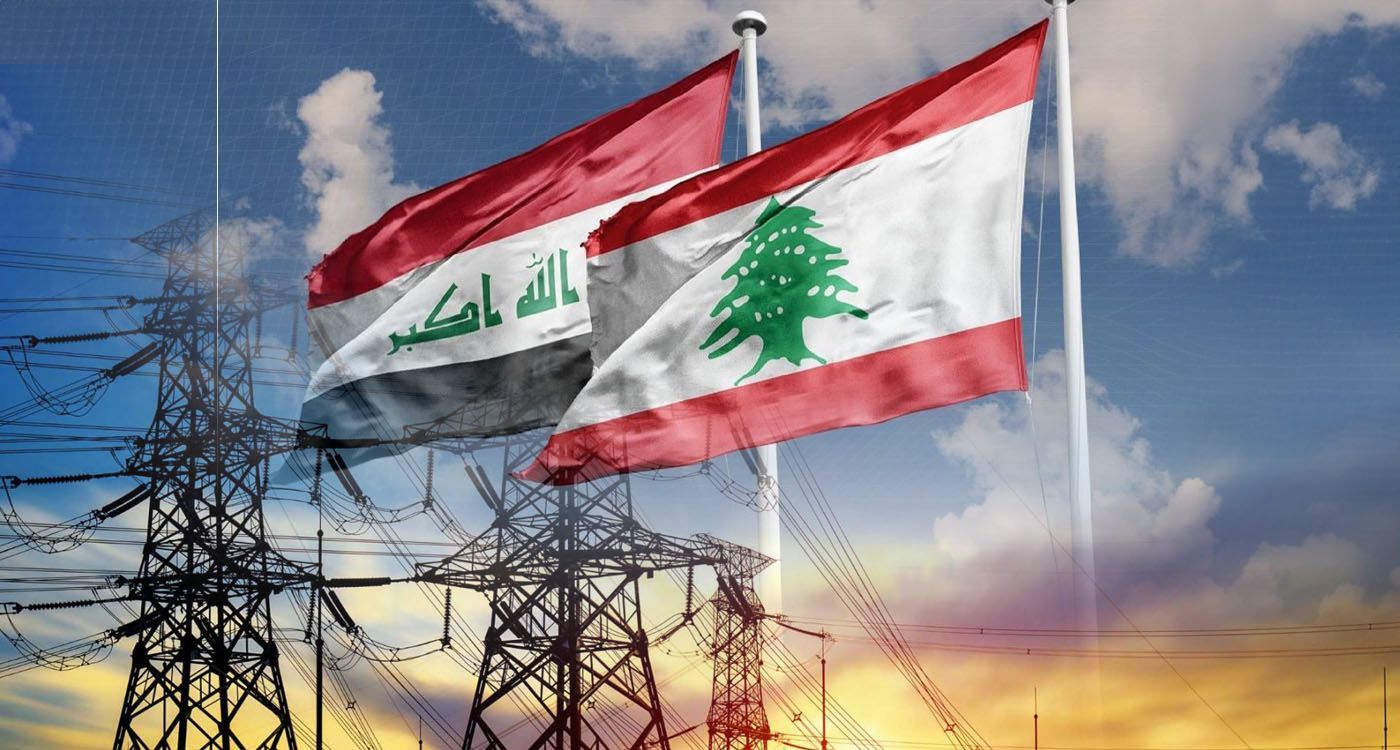
In Lebanon, electricity often goes hand in hand with... the roar of generators! And it is in this exhausting context that Finance Minister Yassine Jaber and Energy Minister Joe Saddi traveled to Baghdad on Monday, May 5. Their goal? To repair the damage caused by the broken contract with Iraq for fuel supply – a partnership that is vital for Lebanon’s power plants but now seriously faltering.
It appears that the fuel partnership with Iraq is under strain – or even under high tension. Since July 2021, Iraq has been Lebanon’s main fuel supplier thanks to a $700 million contract, renewed in 2023, bringing the total to $1.4 billion. In return, Lebanon had committed to delivering Lebanese goods and services, particularly in the medical and agricultural sectors.
But here is the issue: Lebanon has burned through all the fuel without settling most of its debt. By 2024, only in-kind compensation estimated at $118 million had been delivered – out of nearly $2 billion owed. Iraq, which had been patient until now, is starting to lose both its light and its patience.
A Visit Charged with Diplomatic Tension
Upon leaving Beirut International Airport, Mr. Jaber stated that “in addition to thanking Iraq for its support to Lebanon during the war, the fuel supply, and more recently wheat, we will discuss key topics like electricity, telecommunications, the fiber optic project that would connect Iraq to Lebanon and Europe, the oil pipeline, and of course, the handling of outstanding payments.”
This statement clearly shows that the partnership goes beyond fuel: it now represents a true strategic energy and digital axis – potentially a lifeline for a country chronically starved of resources.
Lebanon on the Brink of Running Dry
Let us not forget that 90% of Lebanese people depend on generators for electricity. And according to the latest data, as of 2025, Lebanon has the highest commercial electricity rate in the Arab world: $0.247 per kWh – far ahead of other Arab countries.
In this context, Iraq is quite literally the country’s energy lifeline. Any disruption to this supply would trigger a nationwide blackout – a scenario the government is desperately trying to avoid.
An Agreement or a Diplomatic Short-Circuit?
On the ground, Lebanese ministers are expected to meet with several high-ranking Iraqi officials. The goal? To find common ground to continue the fuel supply despite the unpaid debts. Lebanon is still proposing a mechanism of goods and services exchange via a fund partially financed by Électricité du Liban (EDL). But with debts piling up, this solution appears increasingly shaky.
Without a swift resolution, the entire Lebanese energy system could collapse, leading to more blackouts and a population pushed to the brink. The ministers, in this case, act as diplomatic electricians – trying to restore trust before Lebanon powers down for good.
If Iraq says “Stop,” Lebanon might have to say… “Goodbye to electricity.” In the meantime, the Lebanese continue to live to the rhythm of generators, hoping the cables of diplomacy won’t be unplugged too.




Comments